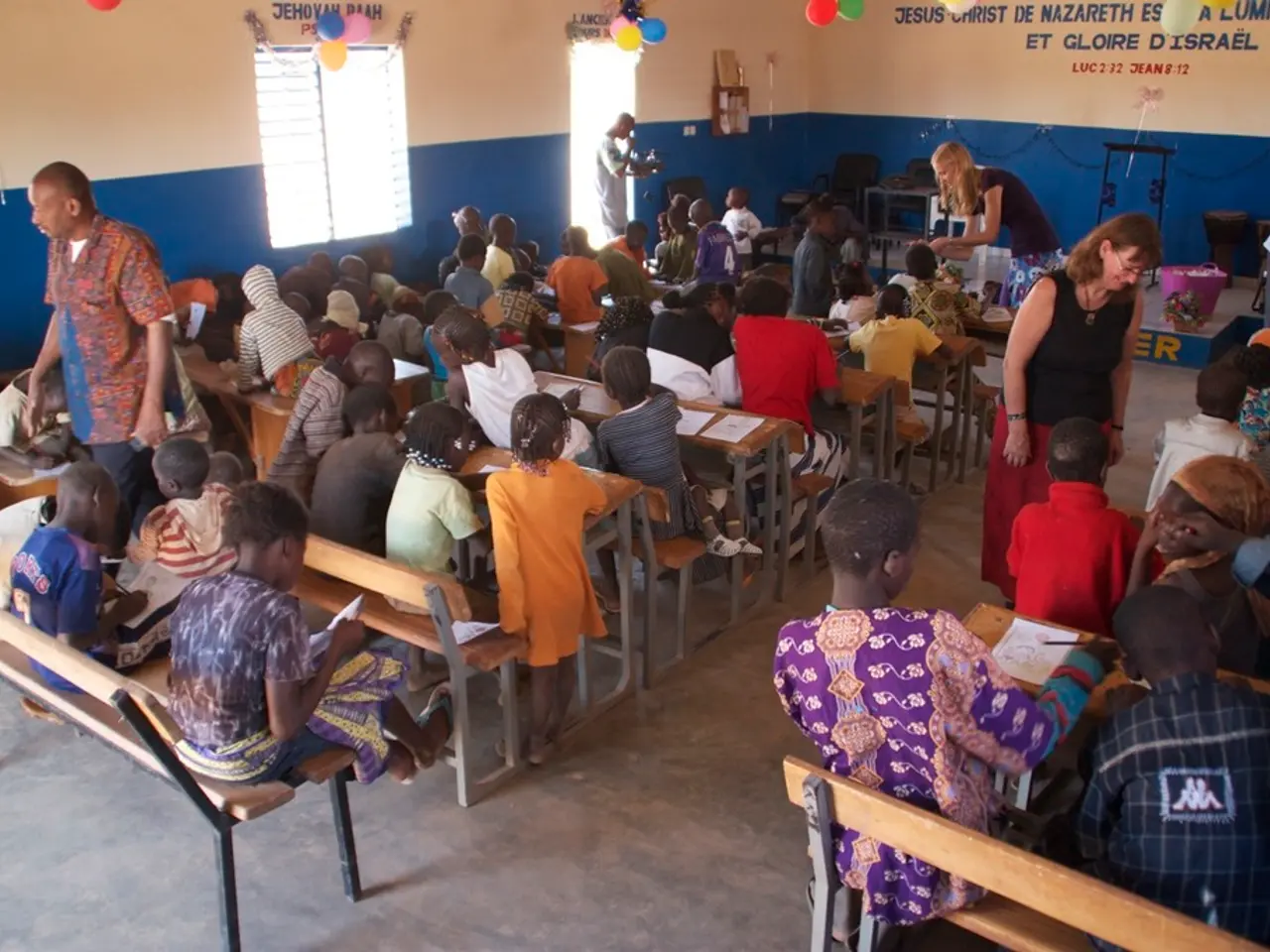The importance of honesty, watchfulness, and belief play a crucial role in helping children recover from traumatic experiences, according to Catholic psychologists.
In the aftermath of traumatic events, such as the Annunciation shooting, it's crucial to remember that young people require a safe space to share their concerns and difficulties. However, parents might inadvertently try to shortcut the life process, which can hinder recovery.
Clinical psychologist Robert J. Wicks, author of 'Bounce: Living the Resilient Life' and a professor emeritus at Loyola University Maryland, emphasises the importance of this issue. He points out that the Annunciation shooting, along with other crises facing children and adolescents today, necessitates our attention.
Wicks highlights that loss and disruption can be especially profound for young people, who are resilient yet vulnerable. He recalls a poignant encounter in Lebanon with a Marist brother ministering in war-torn Aleppo, Syria. A young volunteer, overwhelmed by the violence in her life, questioned why she was losing the best years of her life and why she did not have the right to live fully her youth.
This incident underscores the deep sense of loss and disruption that trauma can cause. Wicks also mentions the targeted killing of Charlie Kirk and the mass shooting at Annunciation Parish as examples of such traumatic events.
In such challenging times, there's an opening to healing, but the approach with young people is key. Wicks stresses the importance of listening to young people and helping them live life to the fullest, even while dealing with death and the possibility of such events.
Parents can facilitate post-traumatic growth by providing an accepting and safe environment for children or adults to express any emotion, including anger at God, without fear. This approach helps young people process their emotions and move towards healing.
James Black, clinical psychologist and director of the youth services division at Catholic Social Services of the Archdiocese of Philadelphia, echoes this sentiment. He emphasises the importance of considering a child's existing resiliency factors when healing from trauma. Children who feel supported, loved, and cared for, and have a history of a stable and safe environment are more likely to heal effectively.
Black also notes that at any age, changes in behavior and regular functioning are warning signs in children or teens who have experienced traumatic events. Signs such as sleep disruption, appetite disruption, acting-out behavior, aggression, changes in mood, isolation, depression, and anxiety can indicate that a child is struggling with trauma.
As children grow, their needs evolve. Young children need support, nurturing, and feelings of security, while adolescents may require more independence and opportunities to express their feelings. Modeling acceptance of pain as a mentor, parent, or friend can help those suffering to feel more open with themselves and with God.
In conclusion, helping young people recover from trauma requires patience, understanding, and a safe space for them to express their feelings. By providing this, we can support them on their journey towards healing and growth.





